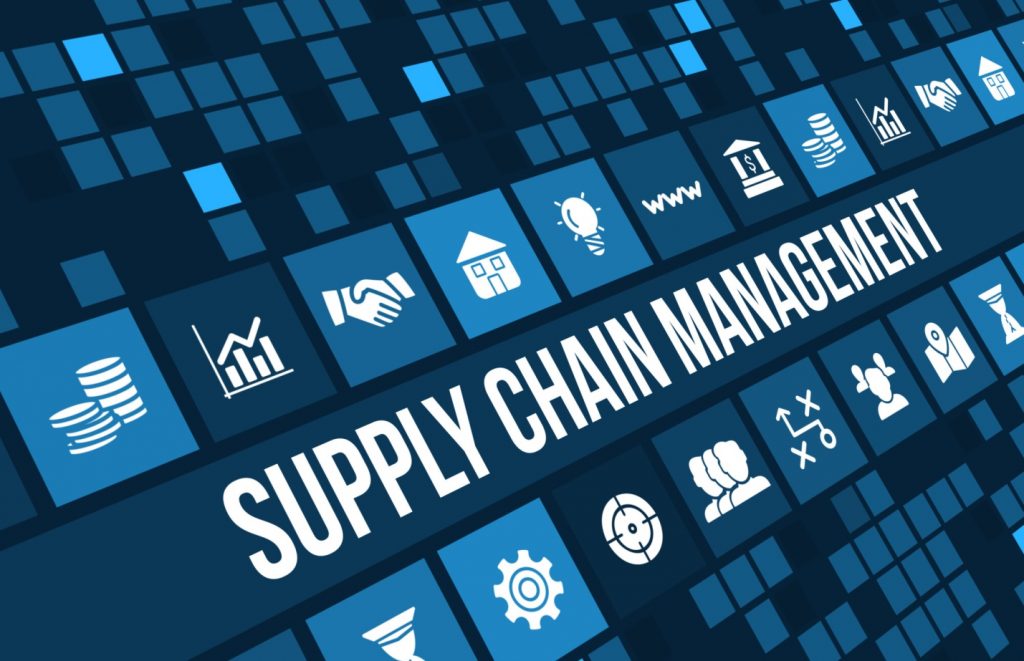
Supply chain analyticsis a booming industry as researchers, companies, and other stakeholders have started exploring ways to use this data to better understand the business. Supply chain analytics provides decision-making tools for supply chain managers to improve their performance and enable better decisions about deliveries.
To understand supply chain analytics better, this guide will give an overview of supply chain analytics, including its different types and career scope.
What is supply chain analytics?
Supply chain analytics is the analysis of data to improve the efficiency and effectiveness of a company’s supply chain. The data used in supply chain analytics can come from a variety of sources, including sales data, production data, inventory data, logistics data, and customer data. Supply chain analytics aims to help companies make better decisions about their supply chains. Suppliers can improve their inventory management, production planning, logistics, and customer service by using supply chain analytics.
Types of supply chain analytics
There are three different types of supply chain analytics:
- Predictive analytics is used to forecast future events.
- Descriptive analytics is used to summarize past data and trends.
- Prescriptive analytics is used to recommend actions to take in order to improve the efficiency of the supply chain.
Career scope of supply chain analytics
Supply chain analytics is a relatively new field that is rapidly growing in popularity. With the advent of big data, there is an increasing demand for professionals who can analyze large data sets and identify trends and patterns.
Supply chain analytics professionals play a vital role in today’s economy. They help businesses optimize their operations and make better decisions about their supply chains.
If you are interested in a career in supply chain data analytics, there are a few things you should know:
- First, you will need to have strong analytical skills. You must be able to understand and interpret data sets and identify trends and patterns.
- Second, you should be familiar with various software programs used to analyze data.
- And third, you should be familiar with various optimization methods and techniques.
There is a vast number of industries like consumer goods, large retail, and e-commerce businesses across India and the world where professionals can use their analytics skills in SCM. They can also get into the industrial and heavy machinery industries, that have this function. They can use their SC analytics background to advance their career goals in procurement strategies, logistics, and supply chain strategies. After a few years, one can aim for managerial positions. Of course, it isn’t that simple. One must go through the tedious process of getting started, strategizing, and supplier challenges.
To get started, professionals can invest in some good supply chain analytics courses in India that will help them understand the field’s basics. After grasping the basics, they can go for more advanced courses to hone their skills and knowledge.
Final thoughts
Hope this explanation has helped you get the gist of what supply chain analytics is all about. Armed with a little knowledge on the subject, it should be easier for professionals to make an informed choice when it comes to choosing a career in supply chain analytics!
